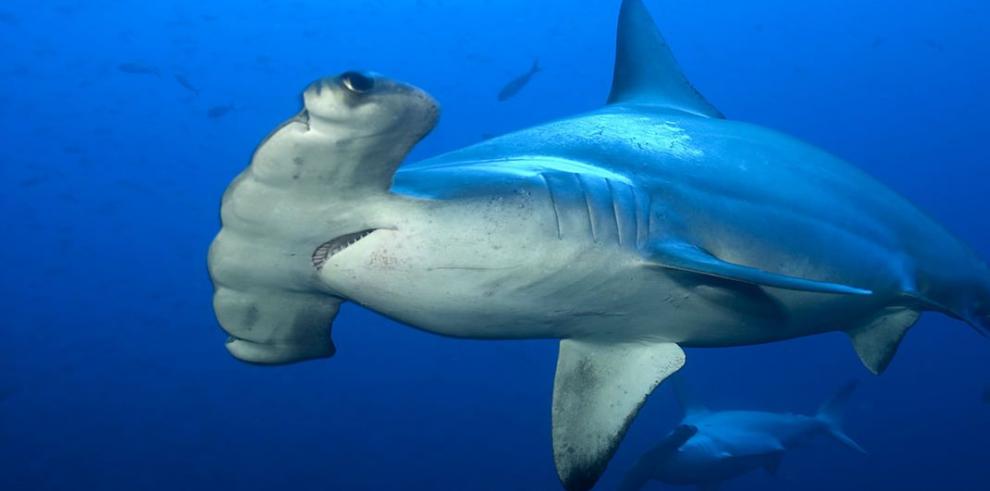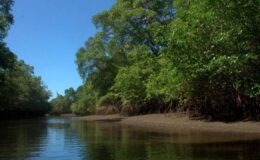PRAISE GOD! Is this really MY PANAMA?? Country can be a LEADER in CONSERVATION in Latin America.
- By : James Bryson
- Category : "JB", Conservation

Anyone who knows me, knows I could go on for HOURS about my feelings over MiAMBIENTE in the past. Be it logging in Darien, or pollution in the Bay. I STRONGLY feel that the ENVIRONMENT and WILDLIFE are THE MOST IMPORTANT ASPECTS for PANAMA to PROTECT. Read the archives and I am ALL OVER everything having to do with legislation and shining a light on our most precious resource. To see this headline, with all my involvement with SEA SHEPHARD and the AWF, I am overjoyed.
The systematic kiling of APEX predators in SHARKS, has an absolutely DEVASTATING affect on our planet. This practice, along with ridiculously large quotas allowed for “BYCATCH”, place the future of our beautiful oceans at risk.
Nice News PANAMA- PNO will be watching. Keep it Up.
Panama has submitted a proposal to the Convention on International Trade in Endangered Species of Wild Fauna and Flora (CITES) by which it intends to include 18 species of sharks in Appendix II of that agreement, in order to restrict their commercialization.
In its proposal to the CITES Secretariat, the Central American country argues that all of them are classified as endangered or critically endangered on the Red List of Threatened Species of the International Union for Conservation of Nature (IUCN).
Specifically, it proposes including the gray reef shark (Carcharhinus amblyrhynchos), the dusky shark (C. obscurus), the porous shark (C. porosus), the Ganges shark (Glyphis gangeticus), the sandbar shark (C. plumbeus) , the Borneo shark (C. borneensis), the Pondicherry shark (C. Hemiodon), the blacktip shark (C. leiodon), the blacktip dogfish (Negaprion acutidens), the Caribbean reef shark (C. perezi), the sharpnosed dogfish (Isogomphodon oxyrhynchus), the night shark (C. signatus), the white-faced shark (Nasolamia velox), the black-nosed shark (C. acronotus), the white-faced shark (C. dussumieri) , the lost shark (C. obsoletus), the Pacific whitetail shark (C. cerdale), the Borneo broadfin shark (Lamiopsis tephrodes) and the finner shark (Lamiopsis temminckii).
All of them are classified on the IUCN Red List of Threatened Species for mortality caused by unsustainable fishing, driven, in part, by international trade demand for their products.
Panama emphasizes that this classification would be justified given the evidence of the decline in the population due to fishing exploitation, the deterioration of the habitat, the conservative characteristics of the biological cycle and the international trade demand for its products.
In addition, the proposal also contemplates the inclusion of all the other species of the family Carcharhinidae (carcarrinids): Genus Carcharhinus, Genus Isogomphodon, Genus Loxodon, Genus Nasolamia, Genus Lamiopsis, Genus Negaprion, Genus Prionace, Genus Rhizoprionodon, Genus Scoliodon, Genus Triaenodon and any other putative species of the family Carcharhinidae.
In the framework of the proposal, Panama also asks the States that are in the distribution area of these species to provide “any information” they have on their conservation status (distribution, size, structure and population trends) and national and international legal trade in specimens, parts and derivatives, as well as information on illegal trade (seizures and confiscations) before June 10 to the Panamanian CITES Management Authority.



No Comments